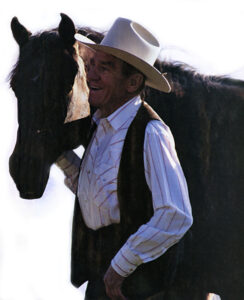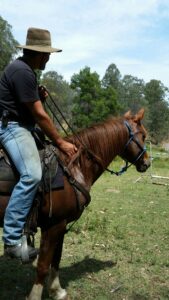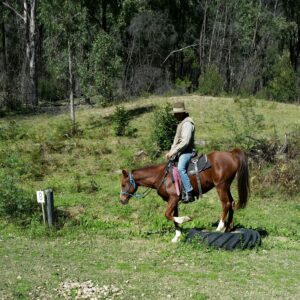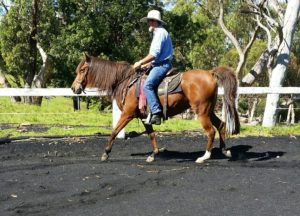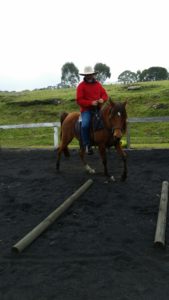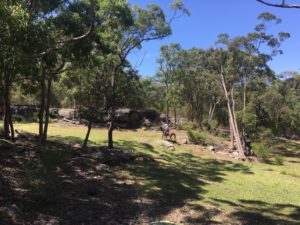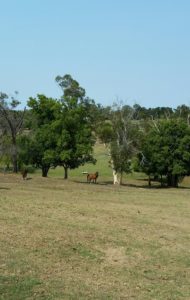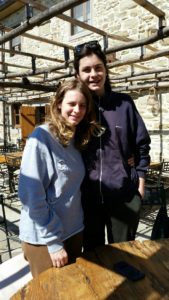In 2017, I began conducting interviews with people who live in Anghiari. Some were conducted in Italian, some in English, and they were all published in both languages on this blog. While in Anghiari earlier this year I continued this project. These interviews will also be published in both languages.
Il senso di appartenenza ad Anghiari: Franco Talozzi
L’anno scorso ho intervistato la figlia di Franco, Cinzia e la nipote, Armida, che insieme conducono il ristorante “Talozzi” ad Anghiari. Quest’anno ho avuto la fortuna e l’opportunità di intervistare Franco, di cui tutti parlano sempre benissimo e che, quando sindaco di Anghiari negli anni Ottanta, ha dato un enorme contributo allo sviluppo della città, specialmente sotto il punto di vista culturale. L’ho intervistato in una gelida giornata di marzo, a casa sua, nella parte medievale del paese. È venuta con me anche Mirella, che trascrive e traduce queste interviste, e là abbiamo trovato la moglie, Anna, e Cinzia, tutti riuniti in una stanza accogliente, dalle pareti foderate di libri con una splendida vista sulla valle Tiberina. Cinzia aveva anche preparato una deliziosa mantovana, una tipica torta toscana che ci è stata poi servita con il vin santo. L’intervista, condotta in italiano, è poi stata trascritta e tradotta in inglese da Mirella Alessio e questa ne è una versione editata.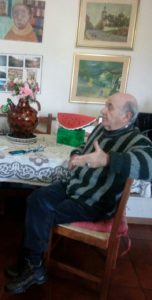
Bene! Beh, io sono nato a Chiusi, in provincia di Siena, il 23 novembre del 1937, perciò ho compiuto ottant’anni da poco. Sono nato in una famiglia contadina. Il mio babbo ha fatto il guardiacaccia in una grande riserva di un grande proprietario, in una delle dodici fattorie granducali del duca Leopoldo, il grande Leopoldo, che aveva, da Arezzo fin nella città di Chiusi, fatto la bonifica, erano tutte paludi. Aveva costituito dodici fattorie, questa fattoria dove sono nato io si chiama Dolciano, aveva 24 famiglie di contadini. Ero l’unico maschio, avevo quattro sorelle.
Continue reading Belonging in Anghiari: Franco Talozzi →
